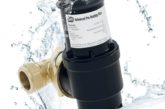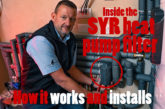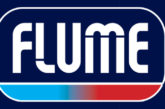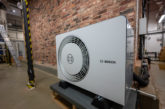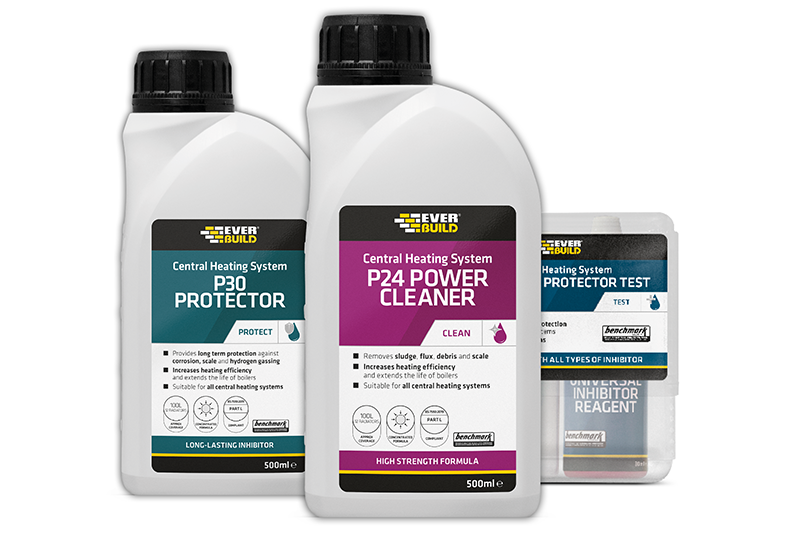
Central Heating treatments are a vital part of the upkeep and maintenance of all water-based central heating systems. Andrew Scanlon, Applications Manager from Sika Everbuild, addresses how professional plumbers can effectively use the arsenal of water treatment solutions available to meet the needs of current and future regulations.
You’ll no doubt be familiar with BS 7593:2019. At the moment it’s a code of practice within Part L of the Building Regulations which covers the cleaning and maintenance of central heating systems. This code is likely to become mandatory under the Future Homes Standard, putting greater emphasis on maintaining new and existing systems than ever before.
When it comes to central heating, as professionals you’ll know all too well that one of the most common causes for boiler breakdowns can be due to the accumulation of limescale, sludge, bacteria, mould, rust and other debris within the system. By treating and preventing further build-up from occurring you will not only save your customers the cost of an expensive boiler replacement, but the central heating system as a whole will run more efficiently. It’ll also waste less energy, making it better for both the environment and your customers’ pockets.
Test to determine the cause
Signs that a build-up of sludge, debris or other hidden nasties including mould or limescale could be the root cause of an inefficient heating system are typically things like noisy radiators, systems not heating up properly, or the failure of an element like the pump or heat exchanger.
Detection and testing are the first steps to determining the best course of action. Everbuild’s new complete central heating treatment system includes a Universal Protector Test which is designed to quickly test the water quality and the level of inhibitors present in the system. This allows engineers to determine whether further action is needed without taking the system apart.
Making things crystal clear
When it comes to clearing a blockage in the system, depending on what exactly is causing the build-up, a specialist cleaning solution may be required. For example, a cleaner with an inbuilt biocide will kill mould, bacteria and fungus spores and stop them building up in the pipes.
Where limescale is a problem, opting for a product with pH buffering capabilities, such as the P30 Protector from Everbuild, will ensure that the water pH level remains within the acceptable range of between 8.0 and 8.5 at all times. As well as preventing the build-up of limescale, such products are also able to stop internal corrosion and hydrogen gassing.
Older central heating systems which may have heavier build-ups – whether that’s sludge, debris, limescale, rust, oil, grease or a combination of these – can pose a particular challenge to engineers to clear. A product with a special high-strength formulation, such as Everbuild’s P24 Power Cleaner, will quickly flush out any build-up from within the system.
Ensuring central heating systems are kept clean and clear of sludge, limescale and other debris including algae and mould reduces energy wastage and carbon emissions in line with the requirements of the Future Homes Standard. By opting for the right central heating treatment solution for each system now – it won’t cost the earth for you or your customers in the future.



